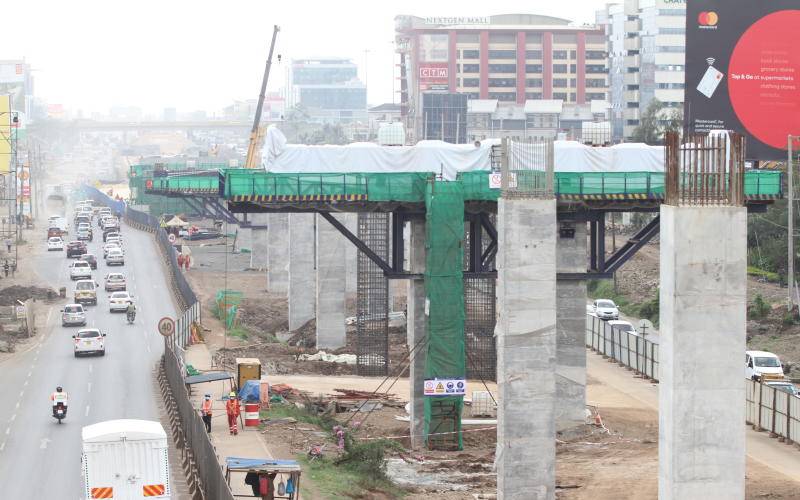
Construction of the 27km JKIA-Westlands expressway has been ongoing for some months now. We have been told this project is too historically sacrosanct to be tampered with, too graciously conceived to be aborted and is the cavalry of city traffic menace. That is the way of governments, probably of human nature too. Consensus building around national issues is still a luxury in this continent, remotely inappropriate to our traditions and foreign to our heritage.
Our foundation principles, I bet, are still flawed and we continue to be haunted by our folklore ways. Be that as it may; the construction implementation plan of this project is, to be kind, mediocre, ill-organised and misplaced. I hold dearly so in light of the interruptions city residents are experiencing, especially on Mombasa Road. We seem to always adorn messianic status to foreign contractors that we naively shy from critiquing even the obvious. There is nothing to toss a glass for, so far, in the past few months. It has been an abyss for most city residents using this highway.